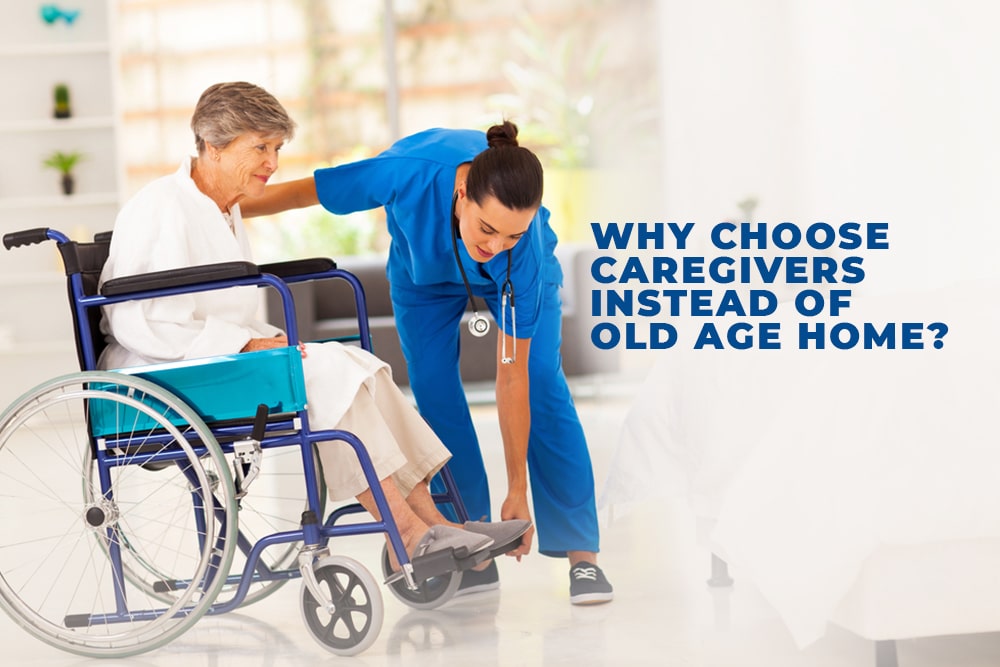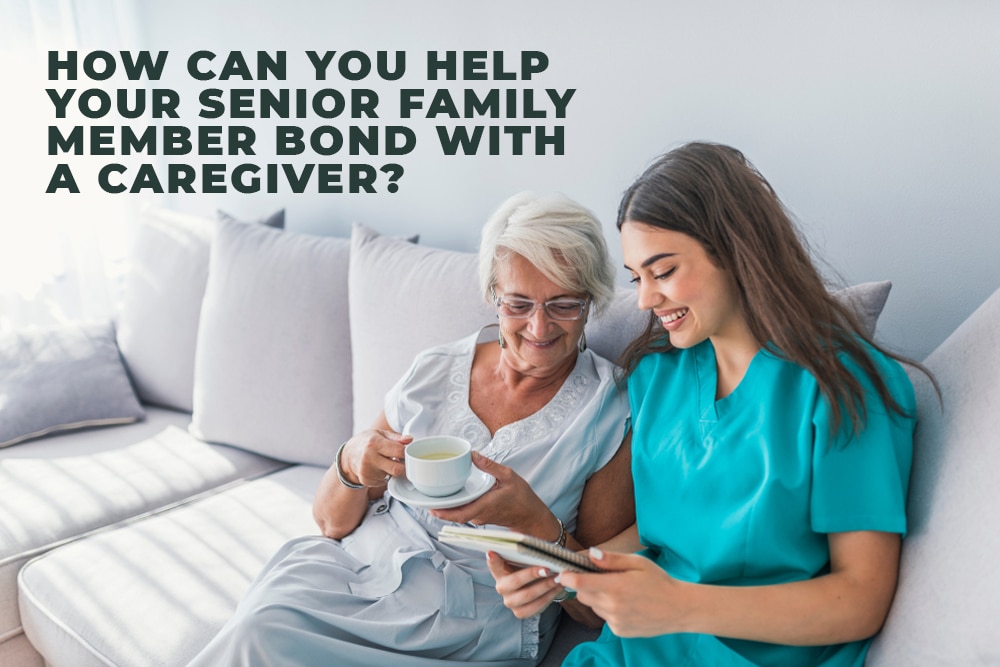In elderly persons, heart disease is a common illness and the leading major cause of death. The main reasons for doctor visits and hospital stays are heart failure, coronary heart disease, and atrial fibrillation.
As you become older, the heart’s blood vessels stiffen, which could lead to these problems later in life. High cholesterol is the most frequent heart disease in elder people over 75, followed by coronary artery disease and cardiac failure.
Plaque builds up in the bloodstream and blood vessels which leads to the heart, resulting in heart disease. This prevents your heart from getting vital nutrients and oxygen. During such time an Elderly care service plays an effective role. The Causes and prevention required to improve the nutrition in the elderly heart disease patients are detailed below.
Causes of heart disease
The most common cause of heart disease is the accumulation of fatty hardening of the arteries (atherosclerosis). Atherosclerosis is caused by unhealthy lifestyle habits that include a poor diet, lack of physical activity, being overweight, and smoking. Although genetic factors play a part in the development of heart disease, poor lifestyle choices also play a role.
The following are some bad lifestyle choices that might lead to heart disease:
- Not getting enough physical activity and leading a sedentary lifestyle.
- Consuming a diet heavy in saturated fats, trans fats, sugary foods, and salts.
- Being in a high-stress situation without learning how to manage stress.
- Not being able to control your diabetes.
- Smoking.
- Consuming alcohol.
Preventive steps towards heart disease
You can prevent future heart disease by incorporating four important steps into your daily routine:
- Smoking is not permitted.
- Keep a healthy weight.
- Be active and exercise.
- Maintain a balanced diet.
Smoking
Avoiding cigarettes in any form is among the best things you could do for your health. Tobacco usage is a difficult habit to kick out that can make you slower, sicker, and damage your health. It does this in several ways, one of which is by causing heart disease. According to the study, quitting smoking can reduce substantially the increased risk associated with smoking.
Nicotine, which is delivered via tobacco products, is among the most addicting chemicals known to man. As a result, tobacco use is one of the most difficult unhealthy habits to stop. But don’t give up; many smokers succeed in quitting!
Keep a healthy weight
Weight gain and a high waist circumference are both linked to heart disease among many other health issues.
Body mass index (BMI) was found to be a substantial risk factor for heart disease in a study of over one million women. The risk of heart attack and stroke rises in step with one’s BMI.
Be active and exercise
Physical activity and exercise are good strategies to avoid heart disease and a variety of other diseases and ailments, but as we age, many of us become less active.
Physical activity and exercise are beneficial to the body, but inactivity is harmful to the body, increasing the risk of becoming overweight and suffering a variety of chronic diseases.
Maintain a balanced diet.
Although you may be aware that some foods raise your risk of heart disease, altering your dietary habits might be difficult. whether you’ve been eating badly for years or just want to fine-tune your diet. You’ll be on your way to a heart-healthy diet as you understand which foodstuffs to eat more and which ones to limit.
The best diet for preventing heart disease is one that is high in fruits and veggies, whole grains, nuts, fish, poultry, and vegetable oils; alcohol is consumed in moderation, if at all; and red and processed meats, refined carbohydrates, carbonated beverages with added sugar, sodium, and trans fat are avoided.
Many types of heart disease can indeed be avoided or cured by adopting a healthy lifestyle. Let’s do our part, by treating our hearts right!









